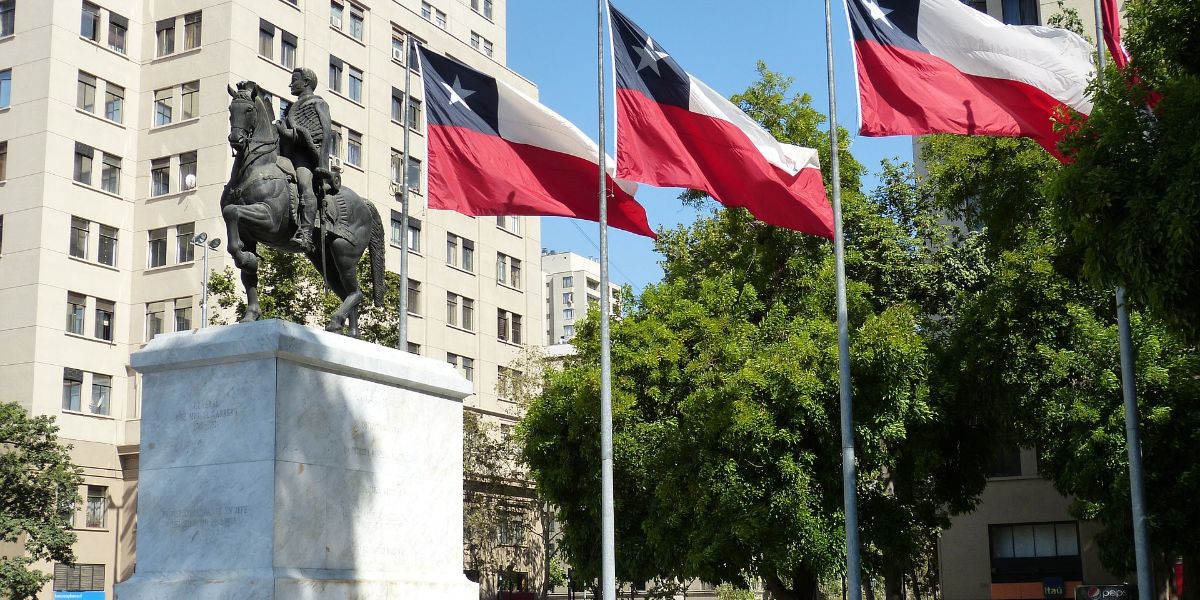The Circular 30 of the tax administration has been effected from January 1, 2016. It was published in the official gazette on May 14, 2015. The main features of the CFC rules are as follows:
- A controlled foreign entity exists where a Chilean resident holds, directly or indirectly, more than 50% of the shared capital, voting rights or rights over profits in the foreign entity. Here, foreign entity may be a company, fund, trust, estate or other entity that may or may not have legal personality. If the Chilean resident (directly or through related parties) is capable to select, change or remove the majority of directors or administrators of the foreign entity or reform the foreign entity’s bylaws or statutes then a foreign entity is considered as a controlled foreign entity for the purpose of the CFC rules;
- A controlled foreign entity is also supposed to exist where the Chilean resident holds a choice that would imply the acquisition of shares, voting rights or rights over profits under the same legal control thresholds;
- The CFC rules consider as passive income or any type of income from transactions with related parties in Chile that indicate a deduction for the payer and which payment is not sourced in Chile or, being sourced in Chile is subject to a tax rate that is less than 35%. Passive income contains dividends and distributions of profits, interest, rents derived from the intangible asset transfers, capital gains derived from the transfer of rights or goods that are able to generate passive income (e.g. shares and bonds) or from immovable property;
- If the controlled foreign entity’s passive income represents 80% or more of its total income, the totality of income will be considered as passive income for the purposes of CFC rules and taxed accordingly in the indicators of the Chilean resident;
- Foreign taxes paid by the foreign entity may be credited not in favour of Chilean taxes.













